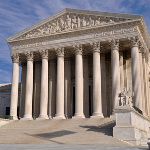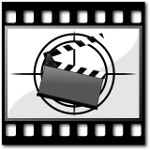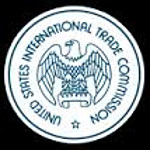American Axle: Does Patent Subject Matter Eligibility Depend on Enablement?
 Fitch, Even, Tabin & Flannery LLP will present a free webinar, “American Axle: Does Patent Subject Matter Eligibility Depend on Enablement?,” featuring Fitch Even attorneys Stanley A. Schlitter and Andrew C. Wood.
Fitch, Even, Tabin & Flannery LLP will present a free webinar, “American Axle: Does Patent Subject Matter Eligibility Depend on Enablement?,” featuring Fitch Even attorneys Stanley A. Schlitter and Andrew C. Wood.
The event will be on Thursday, January 30, 2020, at 9 am PST / 10 am MST / 11 am CST / 12 noon EST. It will also be available as an on-demand webinar after the presentation.
In American Axle & Mfg. Inc. v. Neapco Holdings LLC, the Federal Circuit affirmed a district court ruling that American Axle’s drive shaft patent is ineligible under 35 U.S.C. § 101 because the claims covered an application of a law of nature. American Axle’s petition for rehearing en banc has attracted several amicus briefs, some of which argue that this decision places in jeopardy the validity of many process patents for making physical structures and adds a § 112 enablement requirement to § 101 subject matter eligibility. In general, the decision has created further uncertainty about what a patentee needs to do to meet the requirements of § 101.
During this webinar, the presenters will discuss the following:
• The district court and Federal Circuit decisions in this case
• Arguments presented in the amici briefs
• How American Axle comports with the USPTO’s patent eligibility guidance
• Strategies for litigators and prosecutors regarding Alice in view of American Axle



 Practical Law
Practical Law